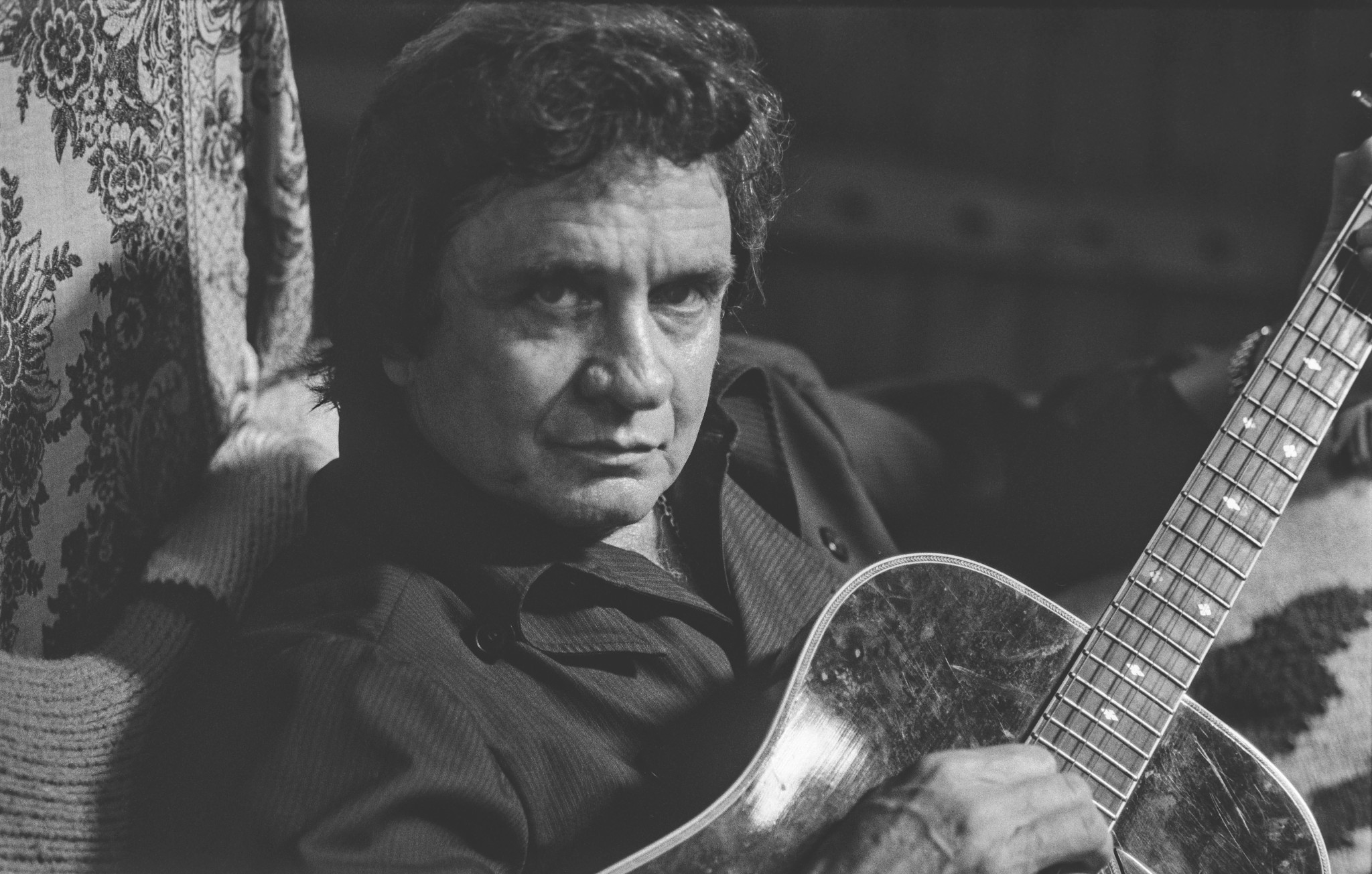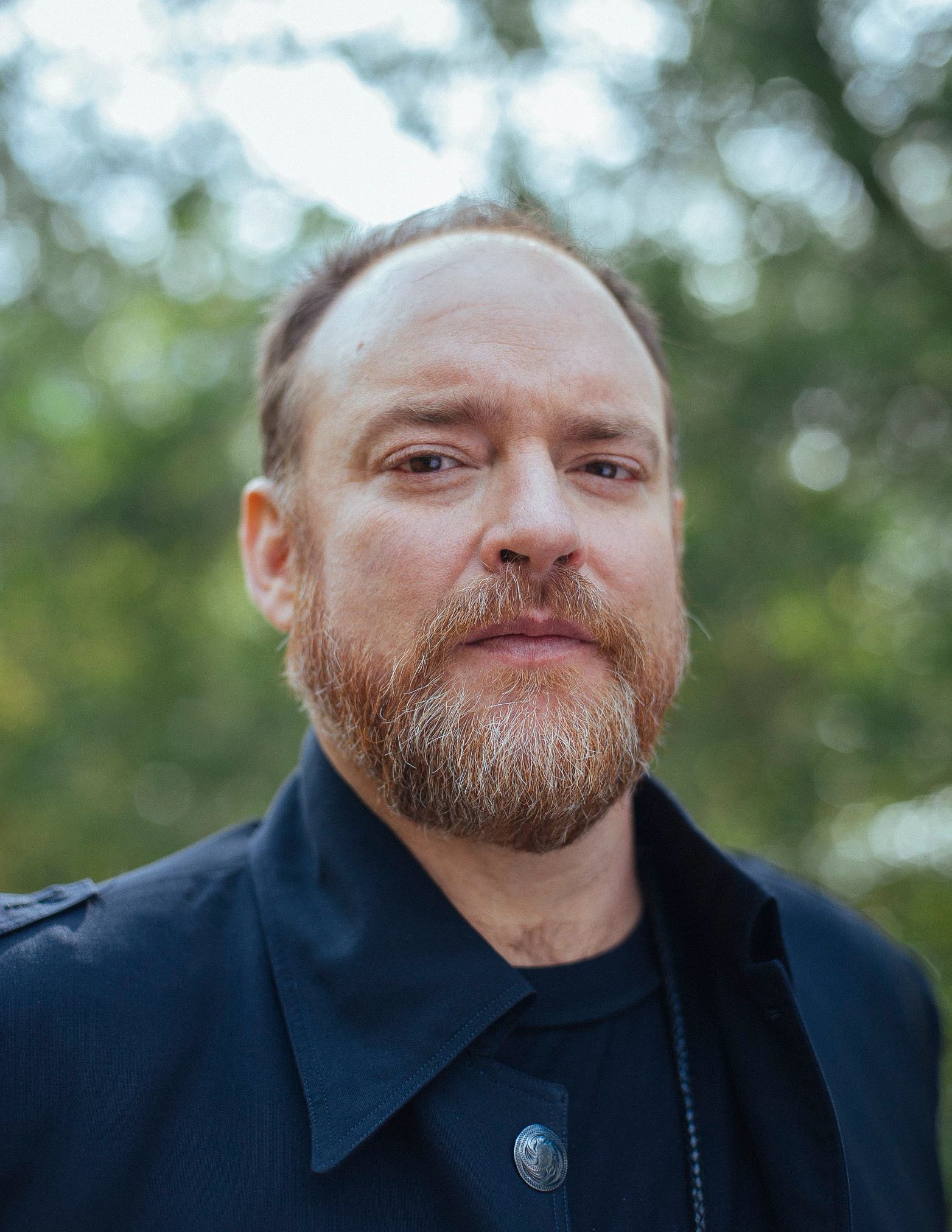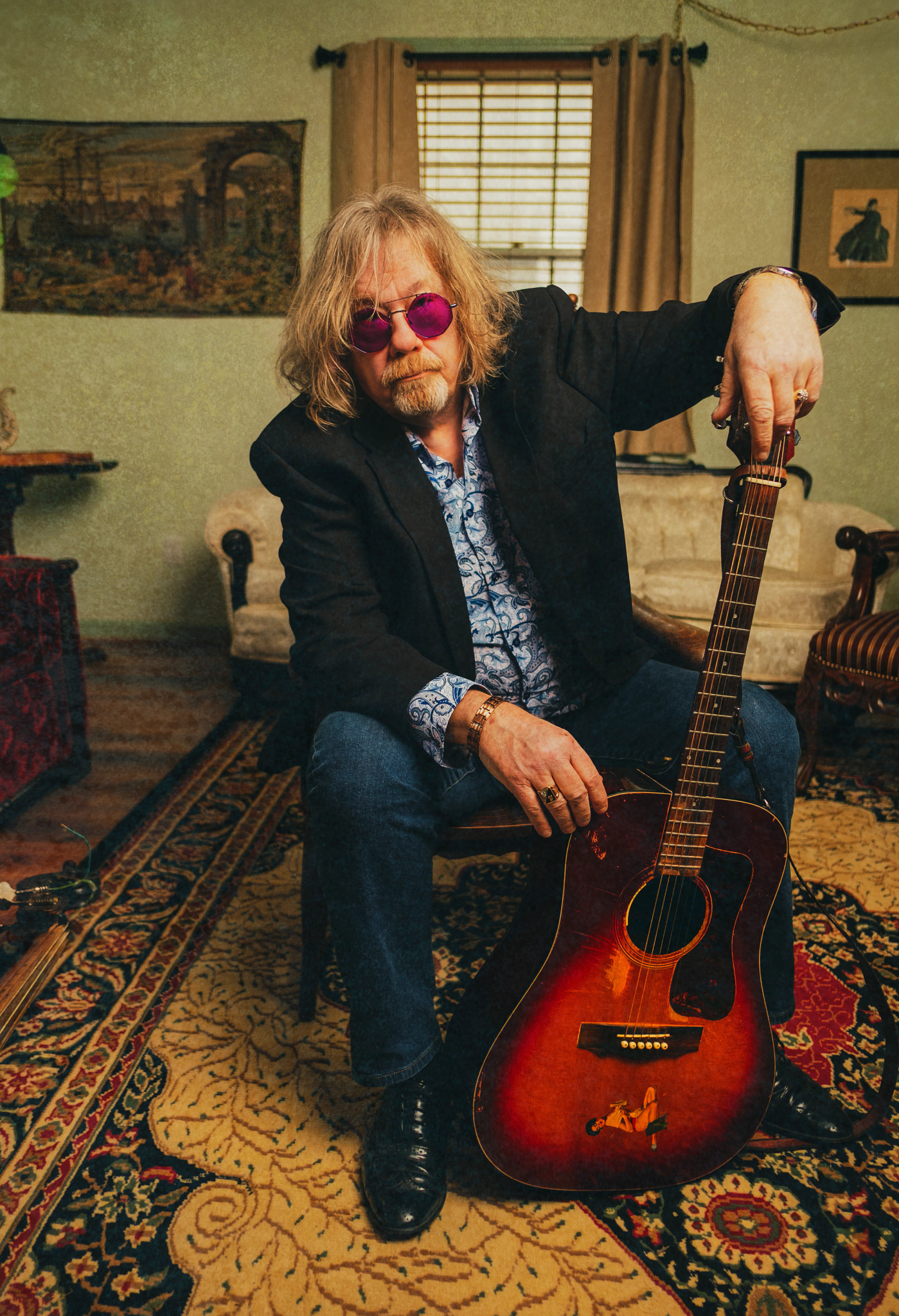AARP Hearing Center

.jpg_master.jpg?crop=true&anchor=9,8&q=80&color=ffffffff&u=k2e9ec&w=2036&h=1170)
Johnny Cash makes a surprise return on Songwriter, an 11-track album of diverse originals that few knew existed when the country legend died at 71 in 2003. The aptly titled June 28 release is a savvy contradiction: new and old, solo and team effort, contemporary and rootsy.
In 1993, Cash was adrift after a spectacular 36-year run. His Mercury contract was expiring, and he decided to record several demos with his road band at Nashville’s LSI Studios. The material got shelved when Cash partnered with producer Rick Rubin, 61, for American Recordings, sparking a multi-album renaissance that enlarged his fan base.


The LSI songs gathered dust until John Carter Cash, 54, the only son of Johnny and June Carter Cash, rediscovered them. Cash senior’s gravelly bass-baritone and yarn-spinning skills are front and center on tunes that address faith, family and love. He reveals himself and human nature in tales that range from wry (a laundromat hookup in “Well Alright”) to romantic (“I Love You Tonite,” a valentine to his wife). Two tracks, “Like a Soldier,” a look at his addiction, and “Drive On,” about a truck driver learning to live with pain, were previously released on American Recordings with different production.

%2520Ferguson-Vertical-Guitar-Photo%2520by%2520Scott%2520Simontacchi.jpg_master.jpg?crop=true&anchor=0,0&q=80&color=ffffffff&u=k2e9ec&w=1399&h=2048)
Speaking from Cash Cabin, the Tennessee log home studio where his dad wrote and recorded, and where he and co-producer David "Fergie" Ferguson, 61, finished Songwriter, Carter Cash told AARP about his dad’s new record — and whether more unreleased Cash music could be coming.
How did you approach this hidden treasure?
For a long time, I didn’t feel like it should be released. But then I said, “Well, what if we stripped it to just his voice and the guitar?” We picked [as accompanists] people he would have chosen [guitarist Marty Stuart, drummer Pete Abbot, bassist Dave Roe]. There are a few guest artists [Waylon Jennings, Vince Gill, the Black Keys’ Dan Auerbach], and my wife Ana Christina Cash sings on a track. My son Joseph Cash plays drums on a track. And my daughter Grace June stars in the music video for “Hello Out There.” It’s a black and white video, but right at the end of it, you see her blue eyes — she has my mother’s blue eyes. I can’t help but cry when I see that.
When Cash was recording this material, what was his state of mind?
Years before, he’d been dealing with chronic pain. But when this was recorded, he was in a great space, clear-headed and focused, in good spirits. He was about to achieve great acclaim [with Rubin], but that hadn’t come back around yet. The joy for making new music was well in place. This record is a snapshot of who he was at that time. Everything in the record is something that Dad wrote by himself.
In these songs, he freely shares personal stories. Was it easier for him to express himself in songs?
He was open in real life. He told me many stories. He spent a lot more time with his nose in a book than he did looking down at a guitar. There’s a great wealth of knowledge behind all this songwriting. He could bring the listener to a place he saw in his head.






































































More From AARP
Inside the Making of the Celine Dion Documentary
The film’s director says that despite Dion’s battle with stiff-person syndrome, she lives with joyRoger Daltrey Serves Up a Summertime Musical Treat
Show blends rejiggered Who favorites, plus rarities, his own material and anecdotesCyndi Lauper Announces Her ‘Girls Just Wanna Have Fun Farewell Tour’
Here are the songs she’s just got to play
Jon Bon Jovi’s Long Journey Back: ‘Life Has Happened’
How the kid phenom of Jersey rock has handled fame — and the potential loss of his most precious instrument: his voice
Recommended for You